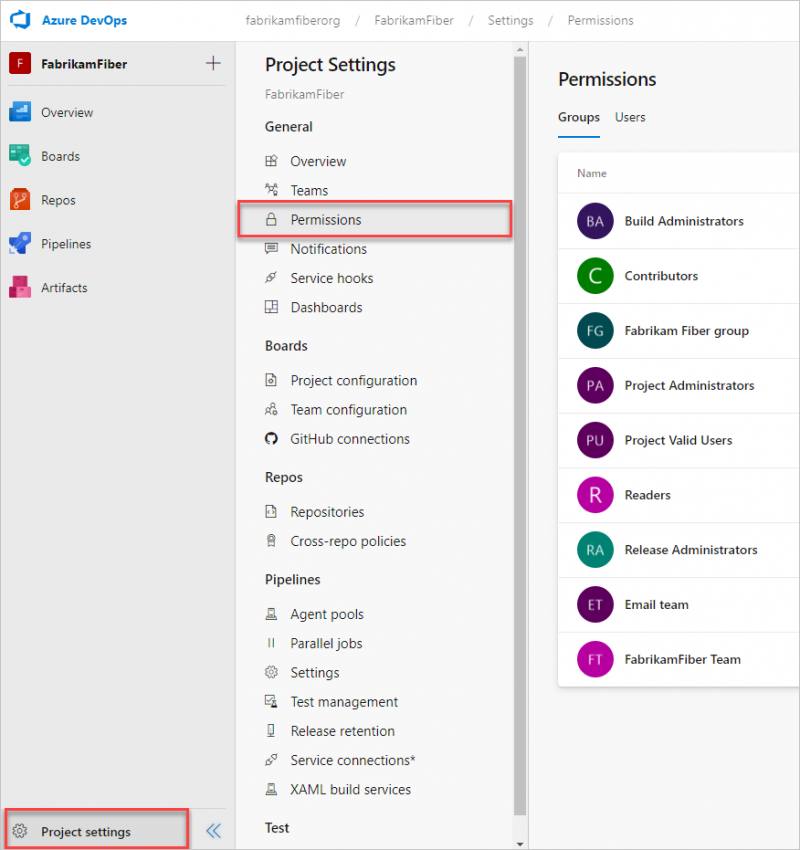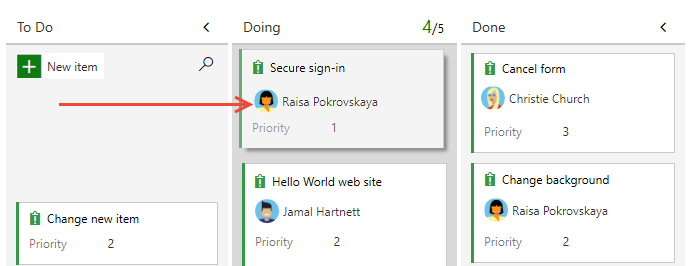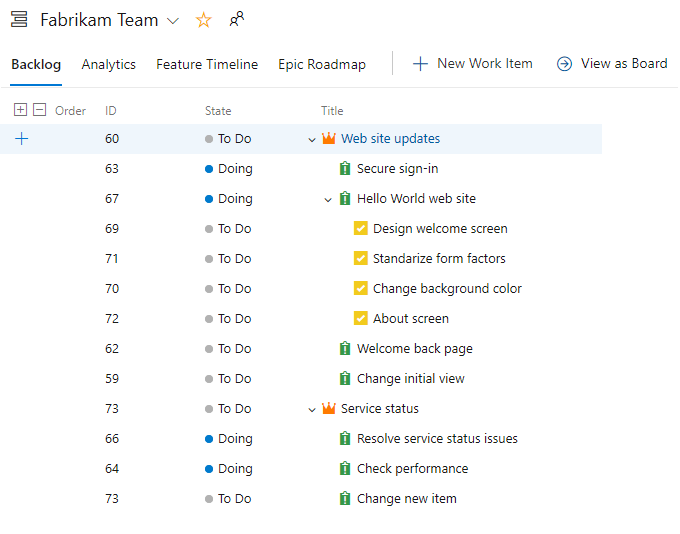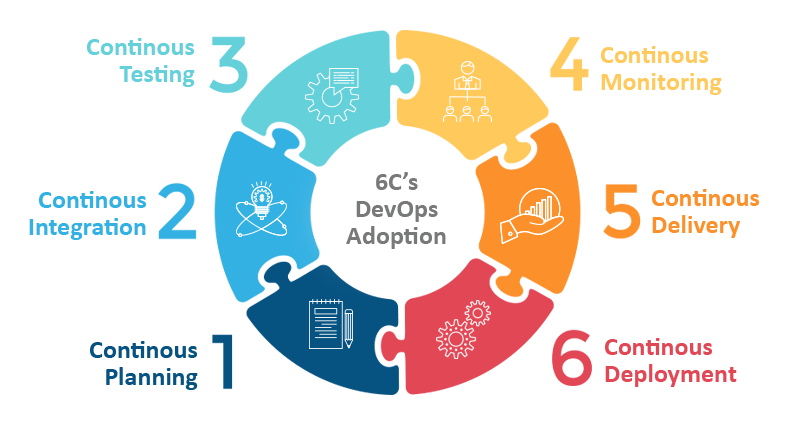Business today is happening at the speed of light. Providing more features and being faster to the market than the competition is now the norm, with multiple releases of new features and fixes to business-critical production systems on a single day.
Adding to this is the new reality of management, business, and engineering teams scattered all over the world, and the need to work more efficiently than ever to deliver the business needs of the organization. DevOps is the solution that improves this collaboration so that businesses can speed applications/application features time-to-market without sacrificing quality.
DevOps is a set of practices dedicated to the design, development and delivery of mission-critical and fast-evolving systems in close alignment with the business objectives of the organization and the needs of their customers.
A strong commitment to the modern DevOps paradigm and using mature tools provided by leading companies like Microsoft (Azure DevOps) results in a better modular, independent design of software systems and plays a vital role in the success of evolving software architecture styles that are cloud-native and loosely coupled like microservices.
This helps businesses maximize agility as they respond to ever-changing market conditions and satisfy the evolving needs of their customers.
DevOps automation tools like Azure DevOps help streamline this process, resulting in faster time to market and significant cost savings.
Removing silos between IT operations and deployment is an essential feature of a robust DevOps strategy. One of the prominent players in DevOps is Microsoft. Microsoft Azure offers various DevOps tools and services, namely GitHub, Azure Pipelines, Azure Boards, Azure Monitor, Visual Studio, and Azure Kubernetes Service. Their offerings allow teams to collaborate, adopt a growth-based mindset, and enable change through technology. By adopting DevOps in project management, organizations can improve communication among teams, management & clients and set reasonable expectations. Here is a brief guide to effectively adopt DevOps in project planning.
DevOps is about bringing teams closer together. This makes it imperative to define roles correctly and delegate responsibilities without any ambiguity. The result is a collaborative environment where potential gaps in the project are greatly reduced.
A shared focus across your teams is crucial to the success of DevOps. Azure DevOps allows developers and engineers full involvement in the end-to-end project, thus improving transparency and workflow.
As teams work in unison, it is vital to keep a keen eye on other factors, including deadlines and individual tasks. The PM’s role is to oversee the progress and ensure the team’s performance is adequate and efficient.
DevOps is all about cross-functional teamwork. This implies that the environment should have a robust cloud platform to optimize the operational process and reduce time-to-market. The approach must also be flexible enough to accommodate on-premise installations, allowing for true hybrid uses, whatever the final destination of the application.
Keeping in mind DevOps’ primary objective — to ensure your applications are robust, easy-to-use, and without any vulnerabilities, it might be a good option to build an MVP to gather customer feedback. This clever use of the DevOps solution allows the developers and other stakeholders to be more aware of the product and make the necessary changes to meet the customer’s final needs.
Azure DevOps is primarily implemented to facilitate a smooth operations platform that includes continuous delivery, integration, and the implementation of ongoing improvements. On the other hand, process automation is gaining momentum to reduce the need for human intervention while continuously delivering customer value. Bringing these two together in a cloud-based platform helps facilitate efficient production lines while improving visibility among different applications and infrastructure. DevOps automation is quickly becoming the new standard because the margin of error across highly complex or repeatable tasks is considerably reduced. As the cloud takes precedence, zero-touch automation becomes the main objective of teams in 2020 and beyond.
Automation has proven beneficial to organizations focused on reducing lead time, improving the delivery rate, removing latency, and enhancing communication with faster feedback. While the advantages and benefits make automation lucrative, the key to successfully adopting DevOps automation is balance. DevOps automation requires a strong understanding of the 6c in the cycle, and developers must learn to apply automation between the various phases. The growing importance of AI and Data Science is critical in identifying areas in the workflow that can be automated. During the automation process, the focus should be on the processes that need to be automated rather than the tools available.
Adopting the DevOps philosophy requires choosing the right managed Azure DevOps partner. The right partner must have proven expertise in the development and IT operations, a thorough understanding of the tools and industry knowledge, aftercare or post-implementation tech support, and, most importantly, security and certifications.








